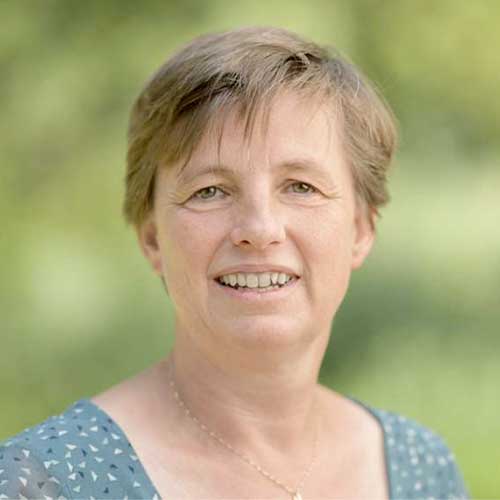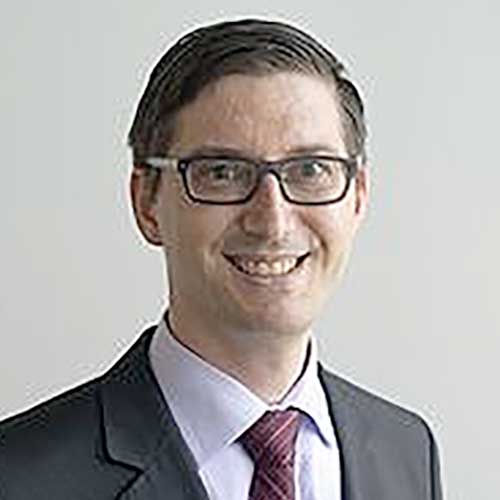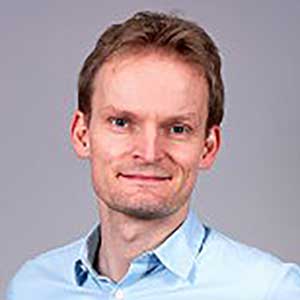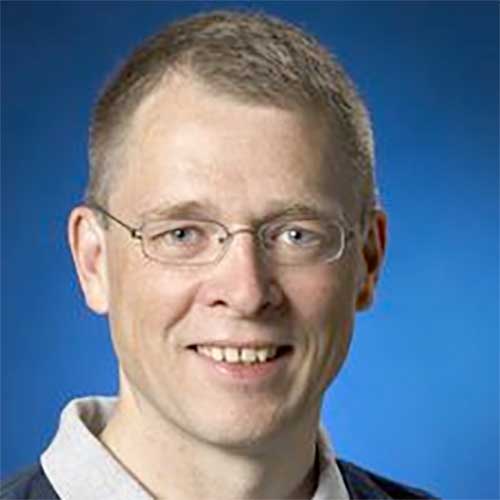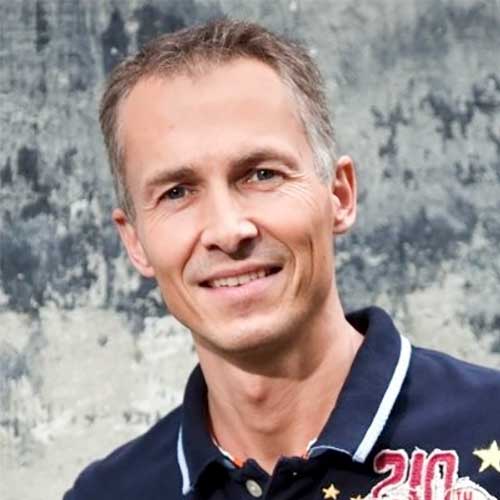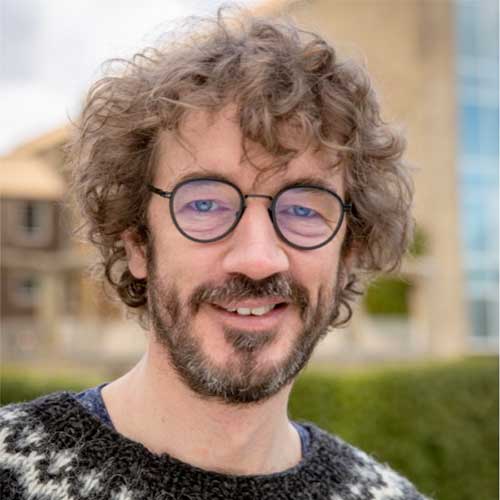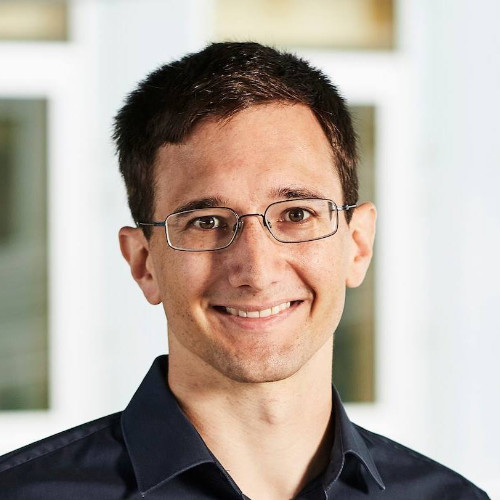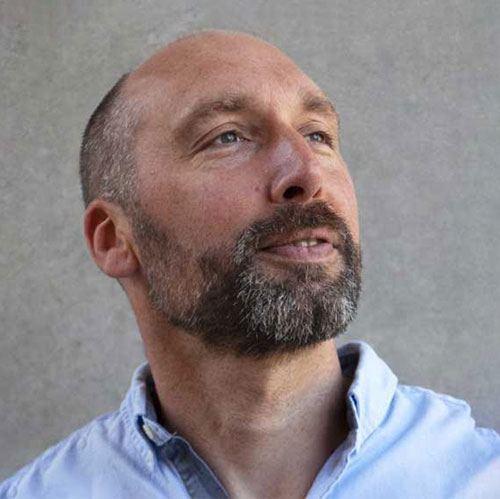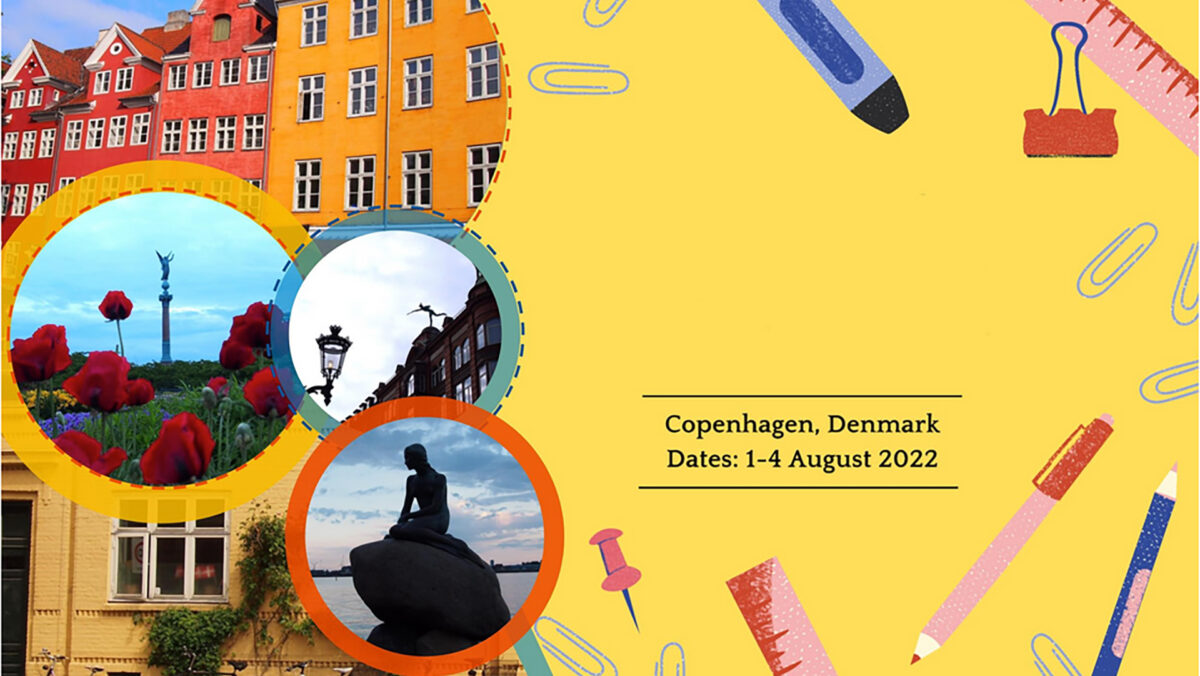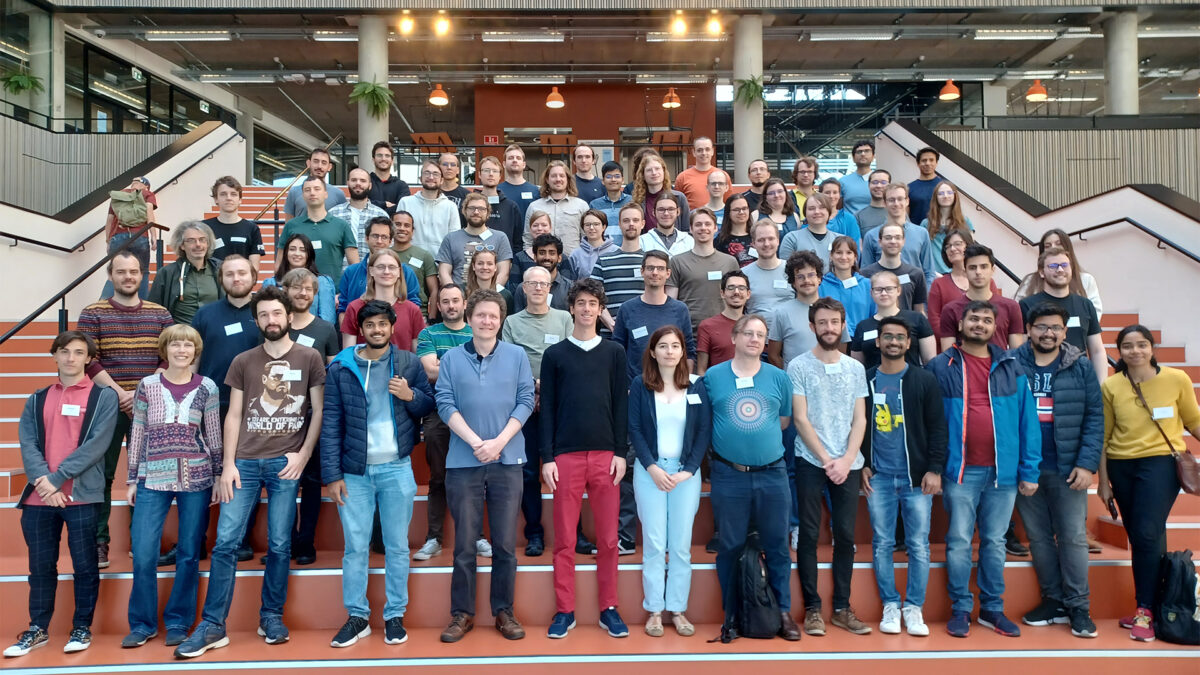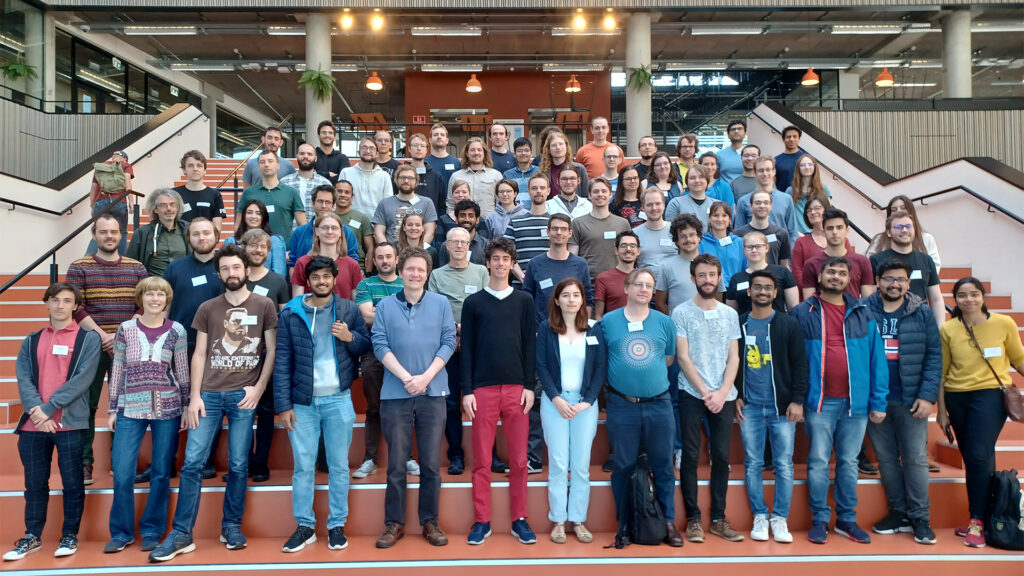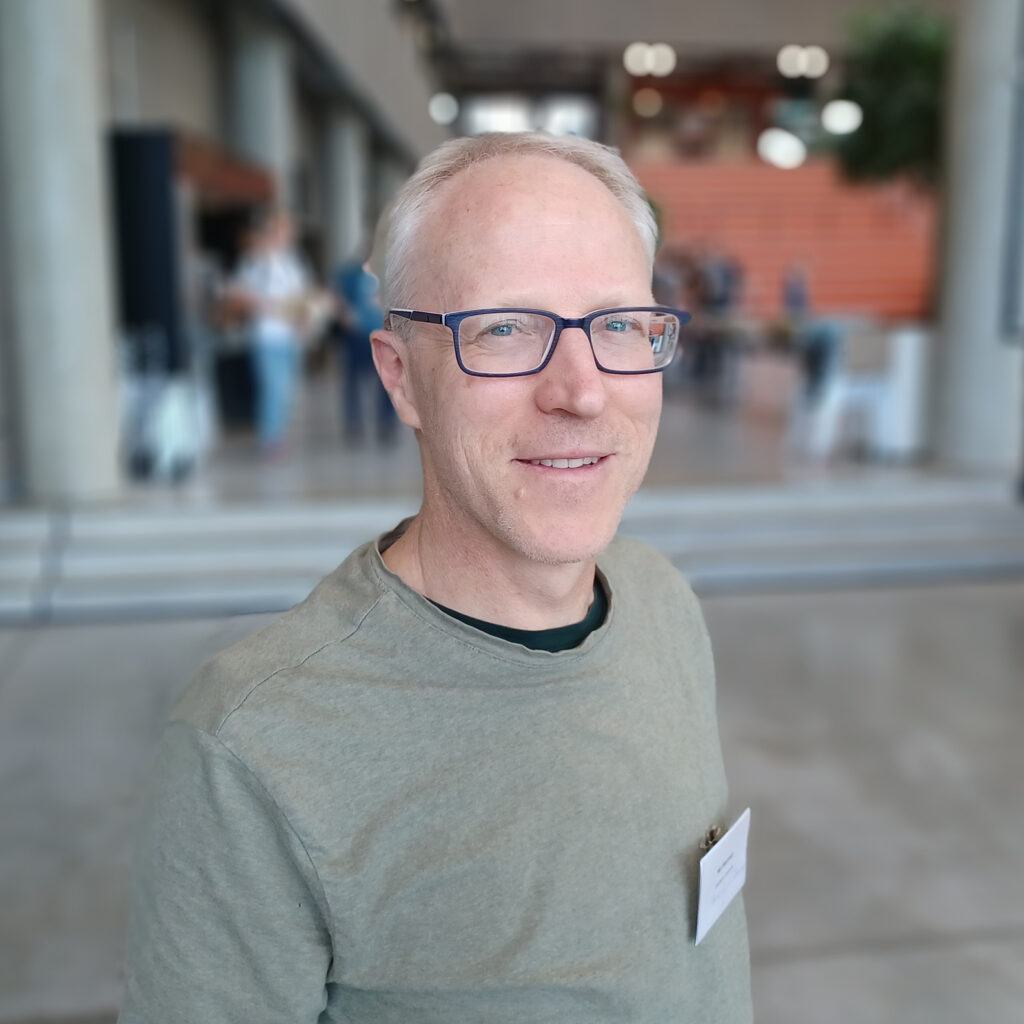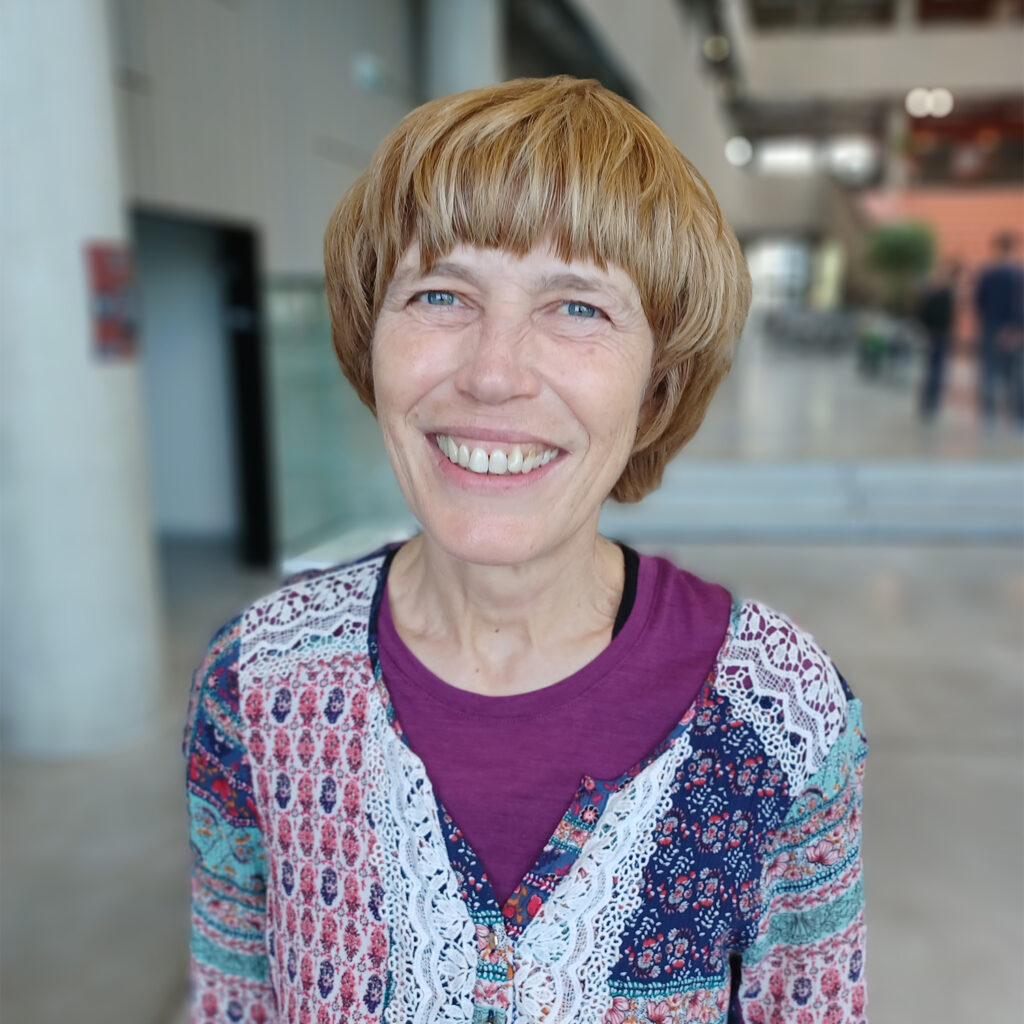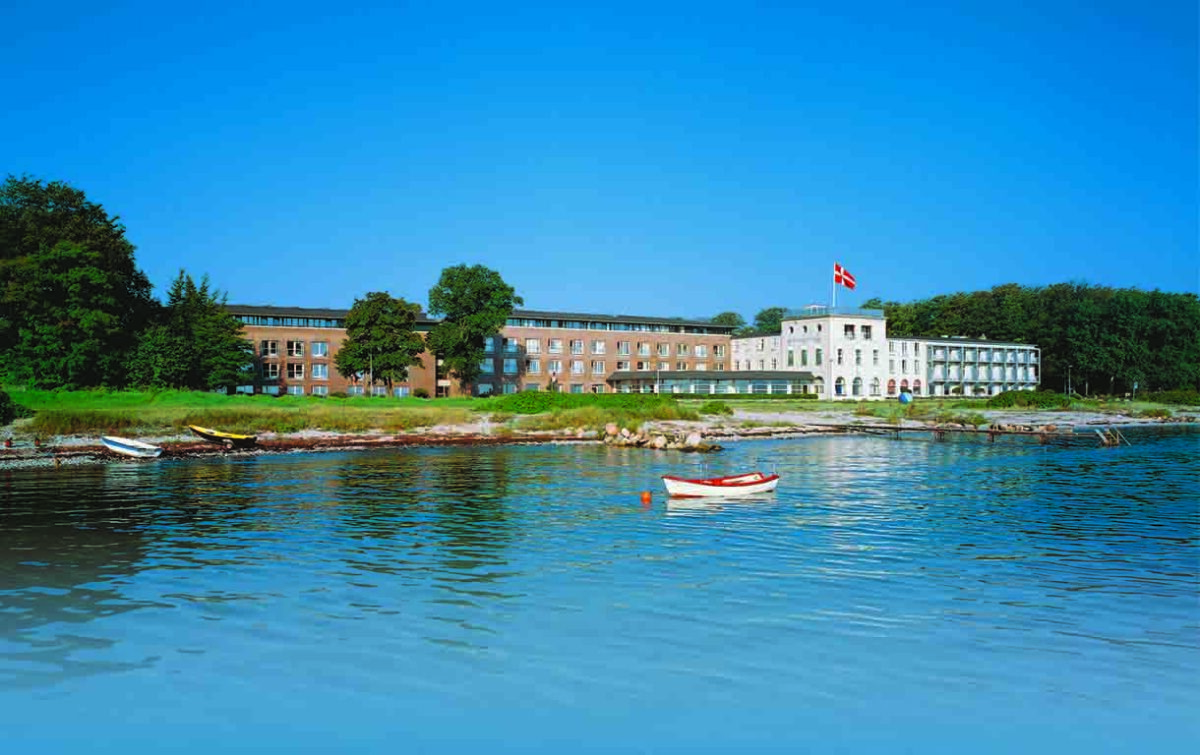27. september 2022
Gør din forskning synlig og forståelig uden for forskningsverdenen
På dette års DIREC-seminar inviterede vi ph.d.-studerende og andre interesserede i at synliggøre deres forskning uden for den akademiske verden til en workshop med Peter Hyldgård, som har mere end 20 års erfaring med videnskabsjournalistik og kommunikation.

Forskning er nøglen til vores forståelse af samfundets udfordringer, menneskets forudsætninger og teknologiens muligheder. Derfor er det vigtigt at forskning gøres tilgængeligt for så mange som muligt.
I forskningsverdenen har publicering i videnskabelige tidsskrifter en helt særlig status, og hvert år udgives millioner af forskningsartikler, doktorafhandlinger, bøger og antologier på tværs af kloden og inden for alle discipliner. Desværre er det meget få, der læser disse mange publiceringer. Det er derfor nødvendigt også at fokusere på andre typer formidling, der når ud til en bredere målgruppe, da det bidrager til at give forskning en mere tydelig rolle i samfundet og gør forskning mere interessant og vedkommende for den bredere befolkning.
På workshoppen var der fokus på, hvordan man fortæller en god historie om sin forskning, som alle kan forstå – uden at gå på kompromis med det faglige indhold, og hvordan man bygger bro til et publikum, der ikke umiddelbart har interesse i/viden om emnet
Peter Hyldgård præsenterede flere enkle værktøjer til at finde en historie om sin forskning, som kan bruges i mange sammenhænge: Når man skal søge midler, når man interviewes af en journalist – eller når man skal fortælle din onkel Adam om sit arbejde.
Workshoppen var en blanding af oplæg og små øvelser med en lidt større afsluttende øvelse, hvor deltagerne gav en – meget kort – mundtlig ‘pitch’ af deres forskning.



